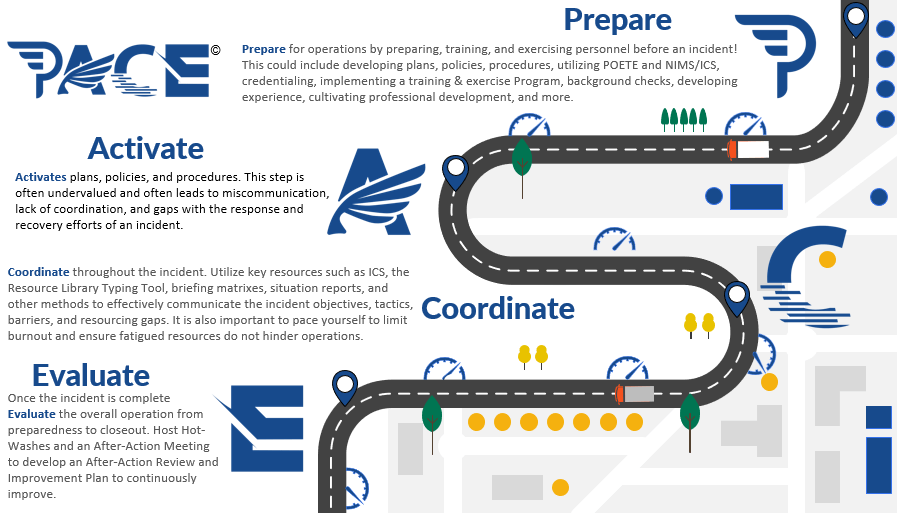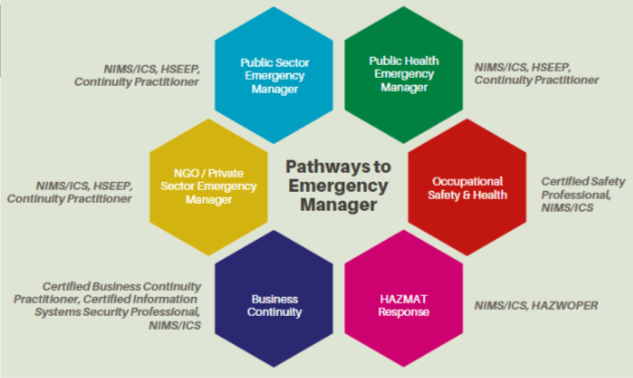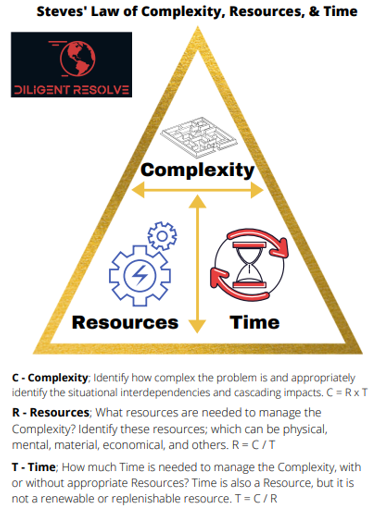REACT
- By Zane Steves, CEM, RO
- •
- 27 Oct, 2021
Finally! Unconscious Bias and Decision-Making for First Responders!

Our REACT training was developed to help first responders understand biases, stereotypes, and decision-making when it comes to sensitive issues. This training is intended to help support a more emotionally intelligent team that can appropriately identify biases, mitigate bias injection, and provide a better interaction for all parties involved. This program is developed into a 3-4 hour course designed to help with self-reflection to identify personal bias and also look at bias from a public perception aspect.
We do this by training first responders to REACT!
This is a five stage process that can help mitigate Bias and the perception of bias for first responders by doing the following as long as the situation has not risen to the need for higher use of force tactics to preserve life safety aspects:
We do this by training first responders to REACT!
This is a five stage process that can help mitigate Bias and the perception of bias for first responders by doing the following as long as the situation has not risen to the need for higher use of force tactics to preserve life safety aspects:
- Recognize: The first step when entering a situation is to recognize bias and understand how bias or bias perception can enter the incident space.
- Empathy:
Be empathetic to the situation, take the required time to fully understand the context that has led to your arrival as a first responder.
- Action: Take appropriate action while incorporating bias mitigative strategies into the tactics. This will reduce personal responder bias and the public perception of bias.
- Communicate:
Throughout the process of the interaction be mindful of non-verbal communication. This comprises almost 65% of the overall message. Remain calm, and communicate effectively during every interaction while being mindful of bias injection from all involved parties.
- Transparency:
Be transparent and accountable for actions. Giving people dignity and respect will go a long way in easing tension during operations of heightened risk.











